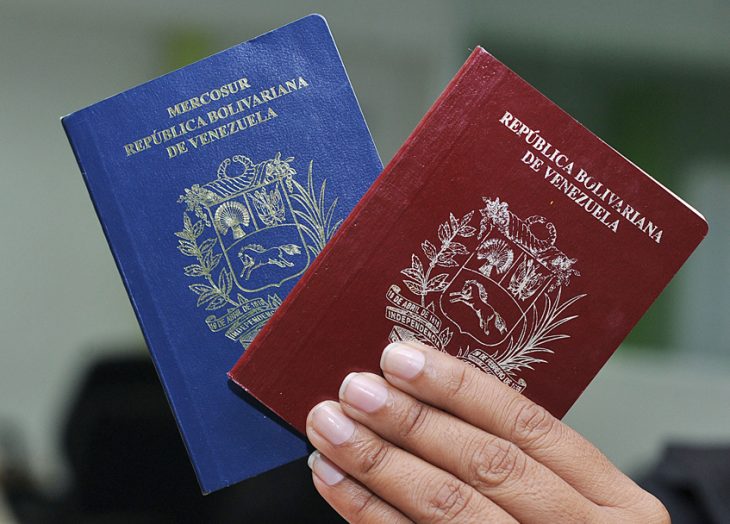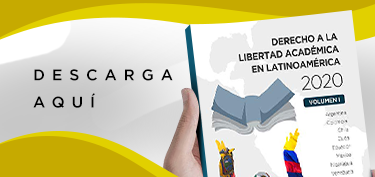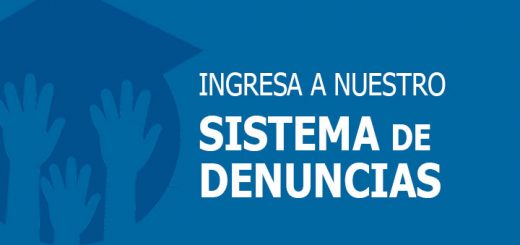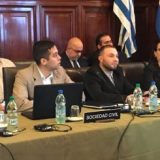Cancellation or retention of passports and restrictions on freedom of circulation against Venezuelans

By Prensa Aula Abierta-. Maduro’s government is now implementing a new repressive practice, the cancellation or revocation of passports to politicians who oppose the government and critical thinking scholars both: inside and outside Venezuela, as done in Nicaragua in recent years.
The Government of Nicolás Maduro has adopted and perpetuated a series of repressive practices that critically limit fundamental freedoms in Venezuela.
These practices have worsened since July 28, 2024, in the presidential elections’ context. Among the repressive measures implemented there is the arbitrary retention of passports, a measure use as a tool of harassment against politicians who oppose the government, scholars, activists and human rights defenders; which reminds the repressive tactics observed in other authoritarian regimes, particularly in Nicaragua, representing a serious violation of human rights and international standards that guarantee freedom of circulation, the right to identification, including the right to nationality.
Passport retention as a form of political repression not only limiting the ability of affected individuals to travel and participate in international academic activities, but also serves as a means of silencing the dissent by not allowing them to identify themselves, which translates into a violation of their human rights.
Maduro government’s actions regarding passport restrictions must be seen as part of a broader pattern of reprisals against those who criticize or challenge the established regime. This pattern not only undermines fundamental democratic principles, but also contravenes constitutional norms and international principles on human rights, such as those established in the American Convention on Human Rights, the International Covenant on Civil and Political Rights, and other international instruments ratified by Venezuela.
Passports retention in Venezuela
On August 3, 2024, activist and human rights defender Yendri Velásquez, director of the Venezuelan Observatory on LGBTQ+ Violence, was detained at Simón Bolívar International Airport for 6 hours. Velázquez was bound for Geneva, Switzerland, to participate in the 113th Session of the UN Committee on the Elimination of All Forms of Discrimination. However, airport authorities retained his passport because it was “cancelled,” as reported by journalist and activist Gabriela Buada.
Cancellation of Venezuelan passports in other countries
On August 5, 2024, Ecuador-based journalist Jefferson Díaz reported on his social media that his Venezuelan passport had been annulled. On August 6, he indicated that, after his public complaint, he received 10 testimonies from Venezuelan migrants in Ecuador who were notified of the cancellation of their passports. He states that among the 10 affected Venezuelans are his wife, political and social activists.
Also on August 6, 2024, scholar, lawyer and activist Romer Rubio, who was a university professor in Venezuela, denounced from the Venezuelan Embassy in Chile that his passport had been cancelled, which represents a violation of the right to identity, identification and freedom of circulation. On his Instagram account, the professor indicates that it is an action promoted by the Venezuelan State to “banish” citizens who are critics of the government system. “It is a new form of banishment, a new form of statelessness, in which they try to emulate the dictatorship of Nicaragua and the Cuban dictatorship to intimidate the voices of those who are today telling the world that what happened in Venezuela was electoral fraud,” the lawyer publicly expressed.
On August 6, 2024, the coordinator of Voluntad Popular political party in Ecuador, Luis Magallanes, reported to the media that his passport had been cancelled. He claimed that his passport expired in 2032, despite which they were notified of the irregular procedure. > JJR: He also reported to have confirmed cases from countries such as Chile, Argentina and Colombia, where they have cancelled the passports of activists, politicians, members of non-governmental organizations and citizens in general.




